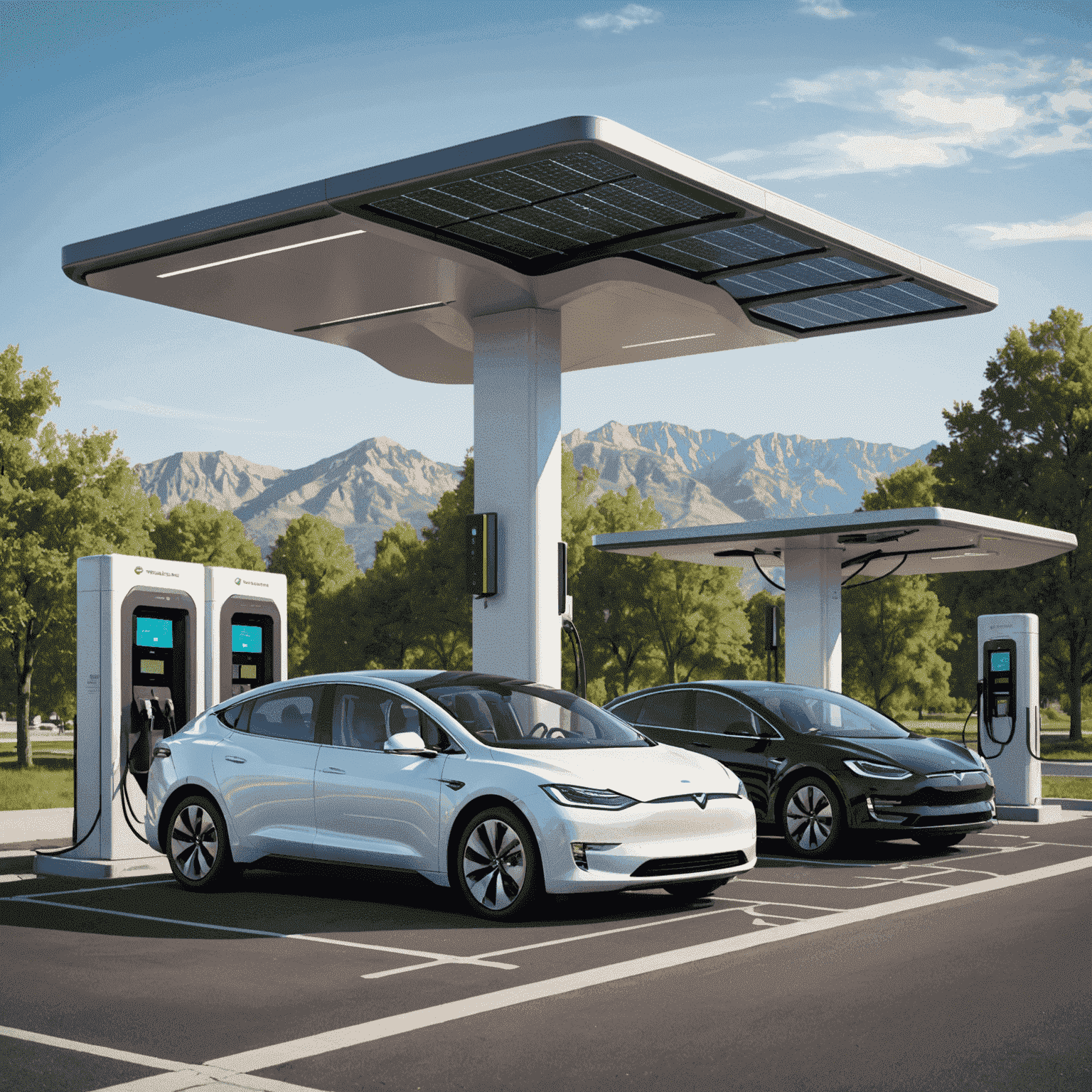The Future of Electric Vehicles in the Travel Industry
Electric vehicles are revolutionizing the way we travel, offering a more environmentally friendly and cost-effective alternative to traditional gasoline-powered cars. As the technology continues to advance, the travel industry is embracing this change and adapting to accommodate the growing demand for electric vehicle infrastructure.

Charging Infrastructure
One of the key challenges facing the widespread adoption of electric vehicles has been the lack of charging infrastructure. However, governments and private companies are investing heavily in building out a network of charging stations along major travel routes and at popular destinations. This is making it easier for electric vehicle owners to take long road trips without worrying about running out of power.
Increased Range
Another factor driving the growth of electric vehicles in the travel industry is the increasing range of these vehicles. Many newer models can travel over 300 miles on a single refueling, making them a viable option for longer journeys. As battery technology continues to improve, it's likely that electric vehicles will be able to travel even further in the future.

Environmental Benefits
Perhaps the most compelling reason for the travel industry to embrace electric vehicles is the environmental benefits they offer. By reducing reliance on fossil fuels, electric vehicles can help to lower greenhouse gas emissions and combat climate change. This is particularly important in the travel sector, which has a significant carbon footprint.
As more travelers become environmentally conscious, they are seeking out eco-friendly transportation options. Electric vehicles provide a way for the travel industry to meet this demand while also reducing its environmental impact.
The Future of Travel
As electric vehicles become more prevalent and the charging infrastructure continues to expand, it's clear that they will play an increasingly important role in the future of travel. From road trips to rental cars and even public transportation, electric vehicles are poised to transform the way we get around.
For the travel industry, embracing this change is not only a matter of meeting customer demand but also of taking responsibility for its environmental impact. By investing in electric vehicle infrastructure and promoting their use, the industry can help to create a more sustainable future for travel.
